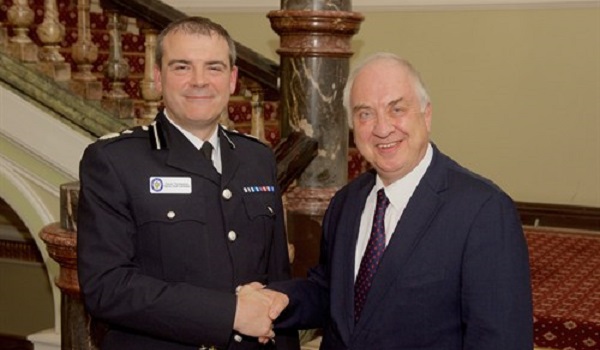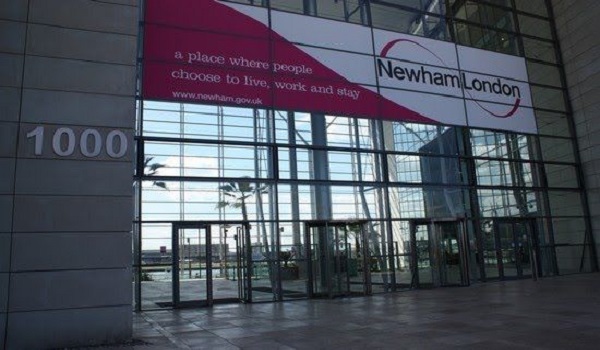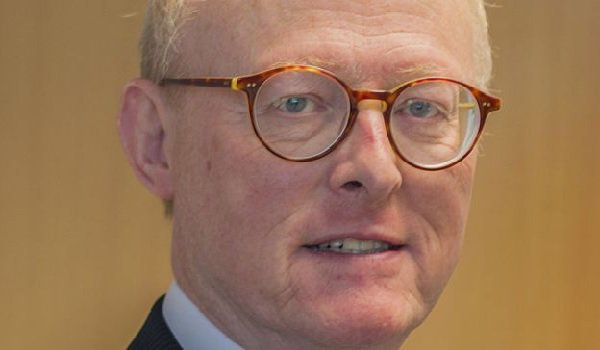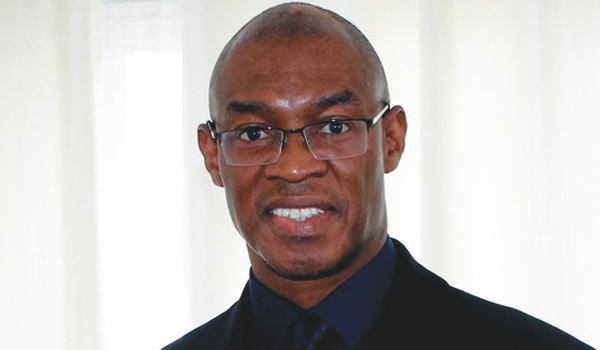WMP announces new initiative aimed at creating ‘a fairer force’
The chief constable of West Midlands Police, Dave Thompson, together with the West Midlands police and crime commissioner David Jamieson, have launched a new programme aimed at addressing ‘structural inequality’ and turning the force into “as inclusive, diverse and fair an organisation as possible”.
The initiative follows a commitment to ensure that at least 1,000 new black, Asian and minority ethnic (BAME) police officers are recruited to the ranks over the next three years, to accelerate plans to make the force more representative of the communities it serves.
Last month, Mr Thompson issued a public apology to the black community in the West Midlands area for failings in how they had been policed. In a powerful message he admitted his force had made mistakes and was “not a service free from bias, discrimination or even racism”.
The new programme, ‘Making West Midlands and Fairer Force’, will look at recruitment, training, promotion and the fair use of police powers, in addition to contributing to a fairer criminal justice system. It will also look at better use of data to increase public confidence.
It will also examine how to improve the fairness of recruitment, retention and promotion and “focus on learning from our people, public and history”. The programme will include engagement with the public to enable them to have their say.
In a joint statement launching the plan, Mr Jamieson and Mr Thompson, said: “The worldwide movement we’ve seen here and abroad since George Floyd’s killing in May reminds us that racism, discrimination and racial inequality are real, both in the UK and abroad.
“Structural inequality blights the lives of many black and Asian people. Our country’s history is controversial and complex – at the same time as we remember our nation’s contribution to freeing Europe from fascism, we should also reflect on the legacy of slavery, injustice and inequality that is woven into the country we have become.
“Recent events have reminded many of personal experiences of unfairness and maltreatment, and made fresh these difficult and traumatic memories. We cannot write these off as historic anomalies – the Windrush scandal is from our own time, our generation, our responsibility.
“We stand with those who want to see policing that has the confidence of everyone, as challenging and difficult as this ambition can seem. We stand with those who want to see an end to the inequality, lack of opportunity, structural prejudice and poor social mobility that blight our country. We want our streets to be free of the organised crime and violence that cut short and stunt too many young lives. These are not issues that divide us by ethnicity or gender, and they should not be allowed to do so.
“Only by listening to the truth can we agree what steps we should take next. The urge from some will be to destroy, to tear down, to let anger and revenge guide us. We will not go that way. We want to see us come together to create, to build, to renew.
“We must learn from what has gone before: have we done what Scarman, MacPherson and Lammy told us needed doing? Are we doing enough to address the issues that undermine public confidence in the police and the criminal justice system? Do the police, and partners, do enough to build networks of allies across all communities? Do our officers have the cultural competence to police diverse populations and challenge racism?
“Does our training give officers these skills, informed by the lived experience of those who have seen policing at its best and worst? Do we involve the community enough in our senior appointments processes, both in policing and in partner agencies? Are our complaints and misconduct processes working well, and do we do enough to understand what drives and leads to officer misconduct and failure in the criminal justice system?”
Mr Jamieson and Mr Thompson said that in the next three years, West Midlands Police will recruit about 2,750 officers to increase its numbers by 1,200, adding: “This means that in three years, about a third of the force will have less than three years’ experience. We want to see a thousand of these new recruits come from our BAME communities. The people we hire will be the change we make.
“We’re doing everything we can to make policing an attractive a career for everyone. The call to action is for all our community leaders – MPs, councillors, activists campaigners, educators, trainers, faith leaders – to seize this opportunity and encourage our young people to join policing, help build the society they want to live in, and make policing the institution they want it to be: an institution they, their families and their communities are proud of.
“The structural inequalities we see in society are not the product of policing, and neither can better policing alone fix them. Issues such as mental health, County Lines, youth violence, homelessness, street begging and violent extremism can only be solved by a truly partnership approach.
“Drugs misuse is a huge public health challenge, and yet the inadequate national response leaves response officers – response officers, in Birmingham – administering Naloxone to overdosing heroin addicts. Low wages, the gig economy, zero hours contracts and ballooning personal debt are driving the hard pressed into crime. All of these challenges require a system-wide response, rather than just police reform.
“Policing is a product of the society we create. You don’t fix society by fixing policing: it works the other way around. However, we will do what we can. We will build on the progress we’ve already made to make West Midlands Police the most diverse and fair force in the country – we have done at least as much as any force on diversity and inclusion but there is much more to be done and we will seek to be at the front of this debate in policing and in society.”







